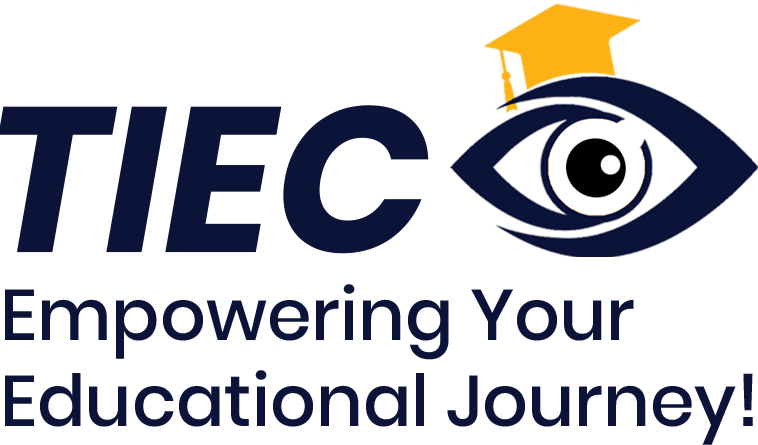Introduction:
Nepal, a nation nestled in the heart of the Himalayas, is not only known for its breathtaking landscapes but also for its rich cultural heritage. Exploring childhood education in France from a Nepali standpoint allows us to appreciate the diverse approaches to learning. In this article, we will delve into the distinctive features of French early childhood education and examine how it aligns with or differs from Nepal’s educational ethos.
Cultural Nuances:
Nepal and France, despite being geographically distant, share a common commitment to the importance of education in shaping a child’s future. However, the cultural nuances and societal contexts significantly influence the approaches to childhood education in both countries. Understanding these variations is crucial for educators and researchers seeking to bridge the gap between diverse educational systems.
Holistic Development in Early Childhood:
Similar to Nepal, France places a strong emphasis on holistic child development in the early years. The belief that a well-rounded education contributes to a child’s overall growth is a shared principle. However, the methodologies and specific aspects of focus may differ, reflecting the cultural and societal priorities unique to each country.
Structured Curriculum vs. Flexibility:
While France boasts a structured curriculum for early childhood education, Nepal often embraces a more flexible approach. In Nepal, the local context, diverse ethnicities, and linguistic variations contribute to a more adaptable curriculum that caters to the needs of individual communities. Understanding these differences can offer valuable insights for educators navigating diverse classrooms.
Community Engagement and Parental Involvement:
Nepal places a high value on community engagement and parental involvement in a child’s education. Similarly, French early childhood education emphasizes the partnership between educators and parents. By examining how these connections are forged in both countries, educators can extract best practices that foster a collaborative and supportive learning environment.
Challenges and Opportunities for Cross-Cultural Learning:
Studying childhood education in France as a Nepali educator or researcher brings both challenges and opportunities. Cultural adaptation, language barriers, and differences in teaching methodologies may pose challenges. However, the opportunity to integrate the best of both worlds, drawing on the strengths of each educational system, can result in a more comprehensive and inclusive approach to childhood education.
Conclusion:
Exploring childhood education in France from the perspective of Nepal opens doors to a rich tapestry of educational diversity. By understanding the unique strengths and challenges of both systems, educators and researchers can contribute to the global conversation on best practices in early childhood education. The exchange of ideas and experiences between Nepal and France enriches the educational landscape, paving the way for a more inclusive and culturally sensitive approach to nurturing young minds.
